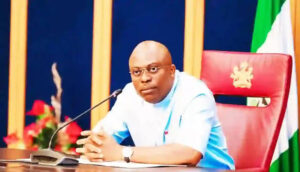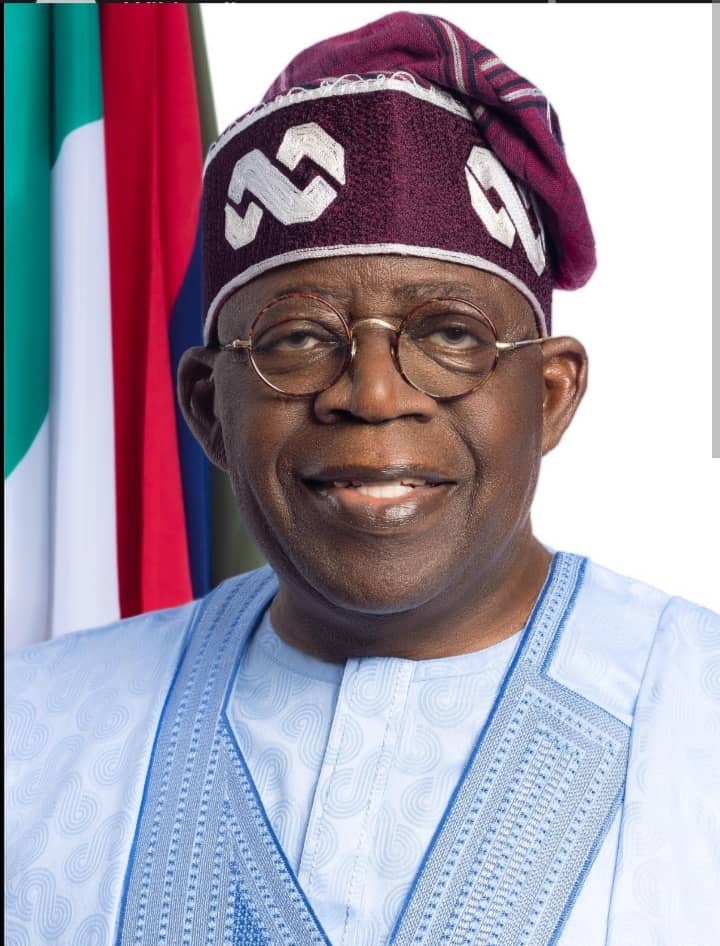In a dramatic turn of events, the Supreme Court of Nigeria has dismissed the appeal filed by Governor Siminalayi Fubara concerning the 2024 budget, a move that some are calling “purely academic.” The legal battle, which had attracted significant attention, ended with the withdrawal of the suit by Fubara’s legal team, and the Governor’s actions have left many questioning what this means for his leadership and the political future of Rivers State.

The dismissal, which came from a five-man panel led by Justice Uwani Abba-Aji, has sent shockwaves across the state. Despite the legal defeat, the Rivers State Government insists the ruling has no substantial impact on the administration. Warisenibo Joe Johnson, the Commissioner for Information and Communications, has made it clear that the decision is inconsequential since the 2024 budget had already been spent before the appeal was filed, thus rendering the entire case moot.
Johnson went on to mock those celebrating the withdrawal of the appeal, calling them “urchins” and downplaying any attempt to use the ruling as political leverage. He stressed that the Supreme Court’s focus is crucial and warned against burdening the esteemed institution with what he called “academic appeals.” According to the government, the withdrawal of the appeal, rather than a setback, was simply the logical course of action given the timing and completion of the 2024 budget cycle.
As for the controversial matter of the Rivers State House of Assembly, Johnson firmly reaffirmed that Victor Oko Jumbo remains the legitimate Speaker of the Assembly, dismissing any suggestions otherwise as desperate political propaganda.
In a further twist, the Supreme Court’s ruling imposed a fine of ₦2 million against Governor Fubara, to be paid to the Rivers Assembly and Speaker Martin Amaewhule. Despite the legal costs, Johnson remains unshaken, urging the public to disregard the claims of those seeking to turn the ruling into political fodder.
As Rivers State watches closely, the dismissal raises more questions than answers. What does this mean for the Governor’s standing with the people, and what’s next in the already complex political landscape of the state? Only time will tell.





